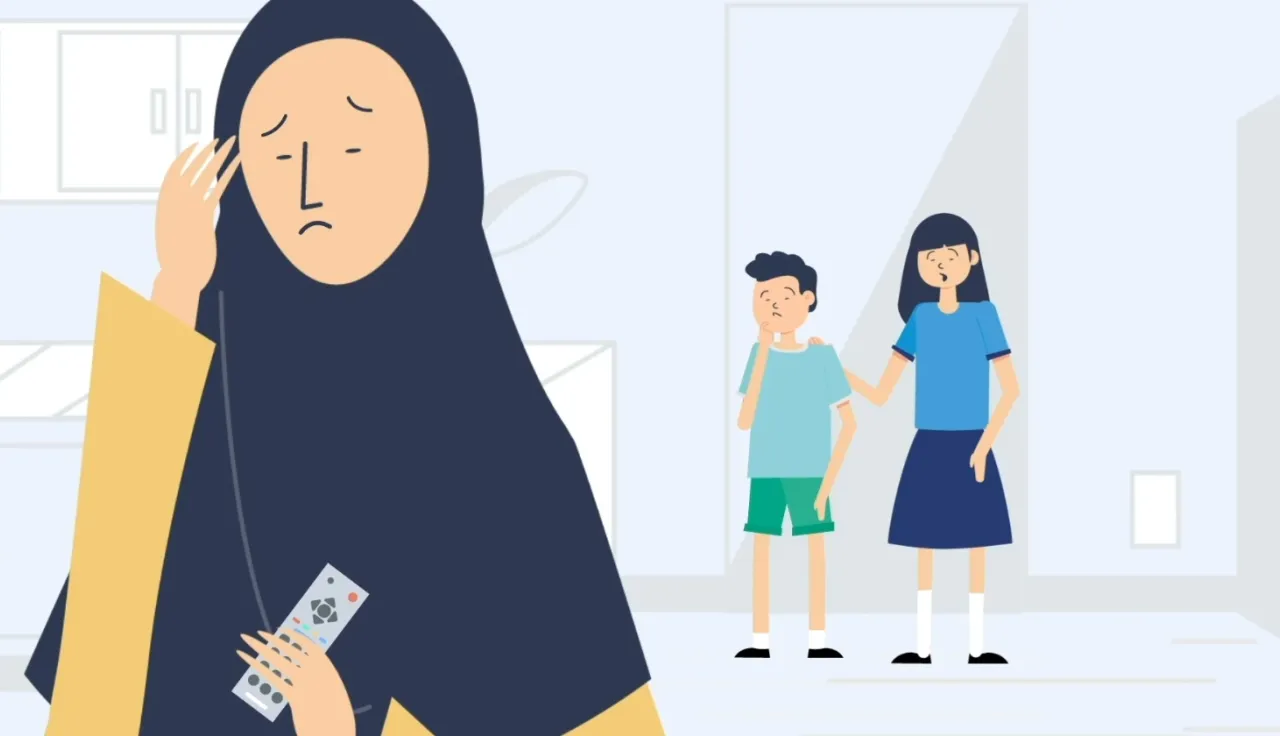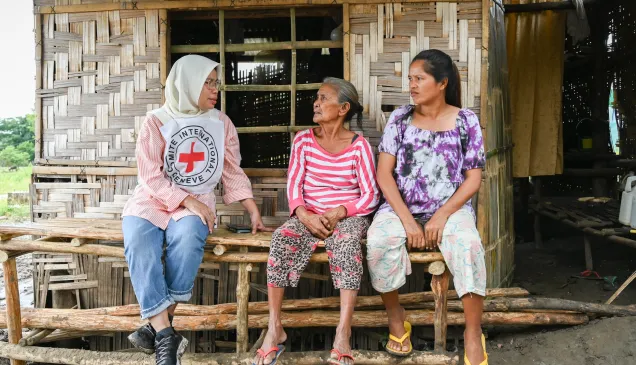COVID-19: Global pandemic may increase stress exponentially

Globally we know that this pandemic is causing people to feel anxious, distressed or worried: fear of contracting the virus, of family becoming sickened; stress and anxiety related to isolation and quarantine measures; distress about separation with family members; fear of longer term impacts of the global disruption; among other reasons. In war zones and communities affected by violence, many people are already experiencing huge psychological stress.
The ICRC is concerned that this global pandemic may increase this stress exponentially.
Mental health support is a vital component of the ICRC's COVID-19 health care response. In addition to adapting current activities to continue existing mental health and psychosocial support activities, the ICRC is providing specific COVID-19 support through community engagement, sharing material on coping with stress, anxiety and stigma, and providing remote psychological and technical support to volunteers, front liner workers and staff responding to the pandemic.
There are a number of people and communities who are particularly vulnerable to the psychological and psychosocial impact of the pandemic, and the exceptional public health measures implemented to contain its spread:
- People with existing mental health conditions may experience an increase in psychological distress and trauma symptoms if they are isolated, their treatment may be disrupted, and their carers may be put under additional strain;
- Older adults, especially in isolation and those with cognitive decline/dementia, may become more anxious, angry, stressed, agitated and withdrawn during the outbreak or while in quarantine. They need practical and emotional support through informal networks (families) and health professionals. Those who have difficulty caring for themselves.
- People who are at risk of sexual and gender-based violence are likely to experience increased stress as the isolation may increase their risk, and they may be unable to seek help. Continued service provision and access for survivors must be a priority.
- Children may feel fear and sadness. They need to express and communicate their feelings in a safe and supportive environment, and to have familiar or new routines like engaging age-appropriate activities, playing and socializing with others, even if only within the family. Children need to be close to their parents and family, if considered safe, or to stay in regular contact with them.
They may seek more attachment and be more demanding on parents, they may have concerns and feel anxious. They need to understand and discuss COVID-19 in an honest and age-appropriate way. If caregivers are infected, quarantined, or pass away, it could lead to protection and psychological issues for children. - Health care workers are facing unique hardships during this pandemic, working in extraordinary circumstances, likely to feel under pressure and stress, and in many cases worried about transmitting the disease to their families.
- People who face stigma associated with their mental health problems may be reluctant to seek support for both COVID-19 and mental health conditions. They need support and especially by health workers.
Additional information:
WHO mental health and psychosocial considerations during the COVID-19 outbreak



